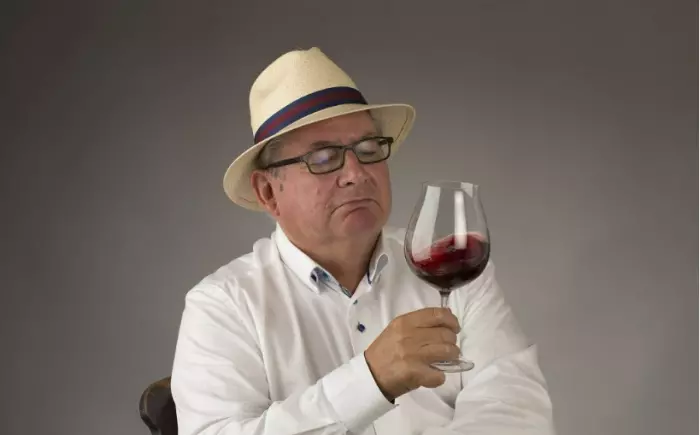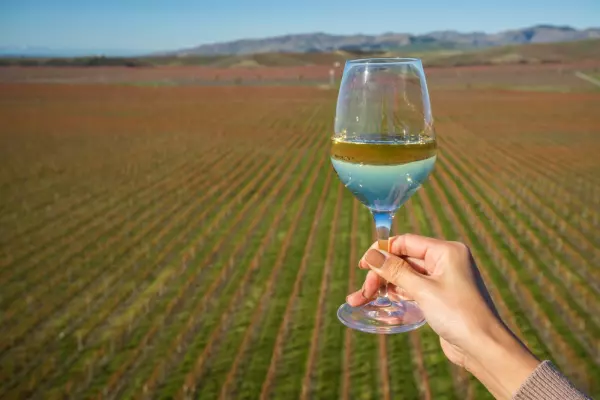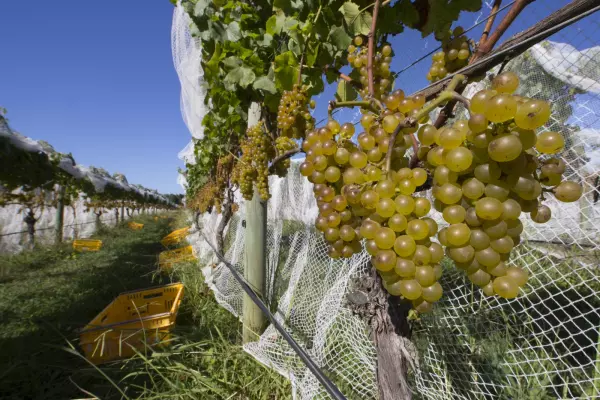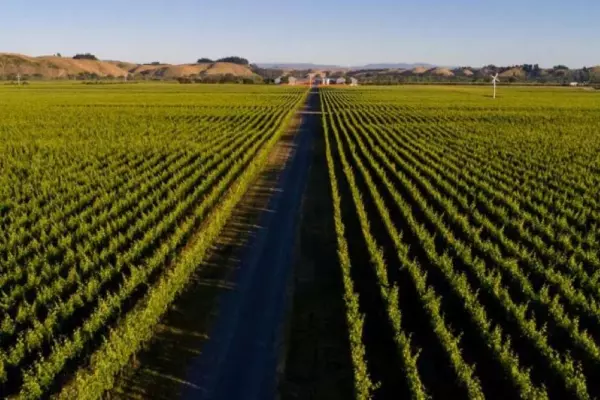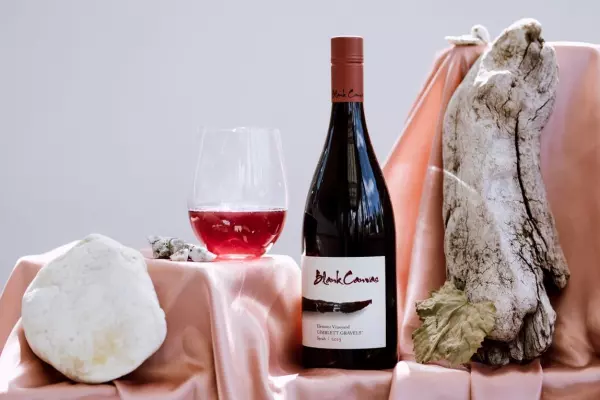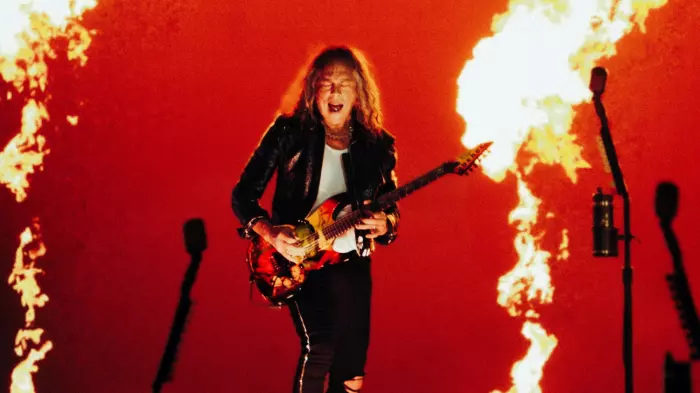I thought I’d dodged the bullet. For three years now, I have woken every morning expecting to have the first symptoms of covid. I have been fully vaccinated with the usual booster shots, which appear to be highly efficient.
My children and grandchildren have all had the virus, and close friends have fallen like flies. Symptoms have varied from “I didn’t know I had it” to “I lost partial sight in one eye".
This month, it finally got me.
The side-effects I suffered were comparatively mild, thanks in part to a five-day course of the antiviral medicine Paxlovid. A sore throat, serious loss of energy, diarrhoea and a nasty headache were about as bad as it got.
A partial loss of the sense of taste may not appear to be too debilitating, unless, like me, you make a living from tasting wine. Fortunately, the impact was mild, which was a relief.
I tasted an armful of previously assessed masked wines to satisfy myself that I could still judge wines with some consistency.
I downloaded “Alcohol and covid-19: what you need to know".
The most important thing to remember, it warned, is that in no way will consumption of alcohol protect you from covid-19 or prevent you from being infected by it.
I never in the world imagined that would be the case.
General myths about alcohol and covid-19
- Consuming alcohol destroys the virus that causes covid-19. – Wrong!
- Drinking strong alcohol kills the virus in the inhaled air. – Wrong!
- Alcohol (beer, wine, distilled spirits or herbal alcohol) stimulates immunity and resistance to the virus. – Wrong!
Alcohol: What to do and what not to do during the pandemic
- Avoid alcohol altogether (a bit extreme but it does make sense).
- Stay sober so that you can remain vigilant. Avoid getting intoxicated. Be a role model.
- Do not consume alcohol if you take any medication acting on the central nervous system (eg, pain killers, sleeping tablets, anti-depressants), as alcohol might interfere with your liver function and cause liver failure or other serious problems.
To slow down the spread of the virus, the World Health Organisation (WHO) recommends physical distancing of at least one metre from sick people as a protective measure.
Bars, casinos, night clubs, restaurants and other places where people gather to consume alcohol (including in the home) increase the risk of transmission of the virus.
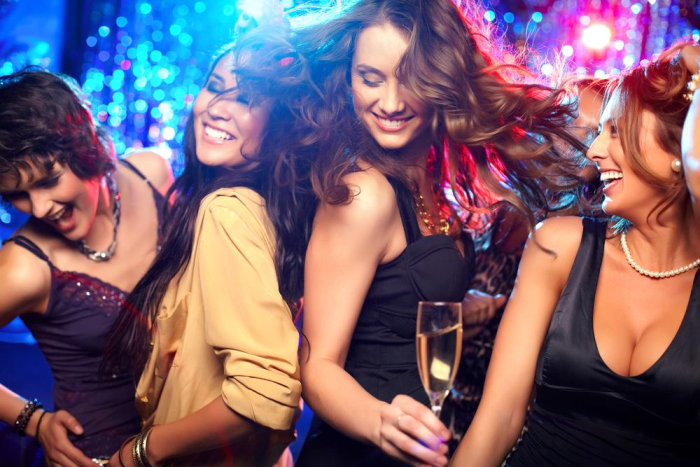
Nightclubs and other venues where people drink alcohol are high on the list of places requiring special care to avoid catching covid. (Image: Depositphotos)
You might think that alcohol helps you to cope with stress, but it is not in fact a good coping mechanism, as it is known to increase the symptoms of panic and anxiety disorders, depression and other mental disorders, and the risk of family and domestic violence.
Do not introduce your children or other young people to drinking and do not get intoxicated in front of them.
Alcohol use can increase during self-isolation, and both isolation and drinking may increase the risk of suicide, so reducing your alcohol consumption is very important.
If you have suicidal thoughts, you should reach out to the agencies listed below for help.
Finally, the key point to remember: Under no circumstances should you drink any type of alcoholic product as a means of preventing or treating covid-19 infection.
National helplines
● Free call or text 1737 any time for support from a trained counsellor.
● Suicide Crisis Helpline – 0508 828 865 (0508 TAUTOKO).
● Depression Helpline – 0800 111 757 or free text 4202.
● Lifeline – 0800 543 354 (0800 LIFELINE) or free text 4357 (HELP).
● Samaritans – 0800 726 666
● Healthline – 0800 611 116
Helplines for children and young people
● Youthline – 0800 376 633, free text 234 or email [email protected] or online chat.
● thelowdown.co.nz – or email [email protected] or free text 5626.
● What's Up – 0800 942 8787 (for 5–18 year olds). Phone counselling is available 365 days of the year, 11am–11pm. Online chat is available from 11am–10.30pm seven days a week, including all public holidays.


